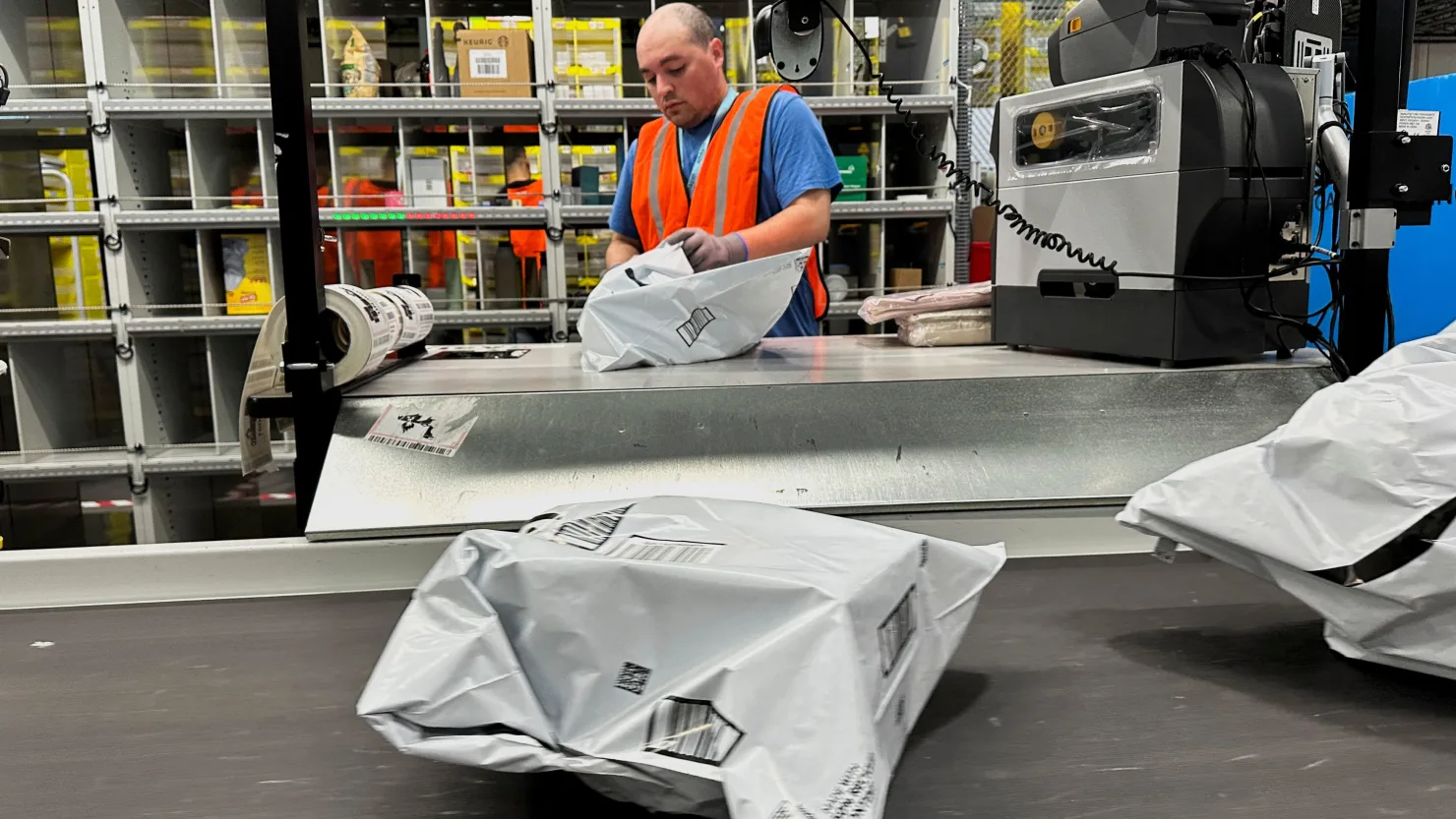For the past 10 years, Aaron Cordovez has been selling kitchen appliances on Amazon through his company, Zulay Kitchen. However, recent challenges have emerged due to the company’s reliance on Chinese manufacturing. In response to rising tariffs under President Donald Trump’s trade policies, Zulay is working to relocate its production to India, Mexico, and other countries where tariffs are less burdensome. This transition, Cordovez noted, will take at least a year or two to fully implement. As a result, Zulay has been forced to raise the prices of some of its products, such as milk frothers and kitchen strainers, in order to offset the increased import costs.
Cordovez is not alone in facing these challenges. Sellers on Amazon have been raising prices across various product categories, from diaper bags to electronics, as they grapple with the effects of higher tariffs. A report from SmartScout, a company that tracks e-commerce pricing, revealed that 930 products on Amazon have seen an average price increase of 29% since April, with significant hikes in categories like clothing, jewelry, and household items. In response, Amazon has downplayed the significance of these increases, stating that the research represents a small fraction of their total offerings and that price fluctuations remain within typical ranges.
The trade war with China has posed a significant threat to many third-party sellers on Amazon, who rely on Chinese manufacturing or assembly. The higher tariffs on goods imported from China—currently at 145%—have left sellers with a difficult decision: raise prices or absorb the costs. This situation has placed a strain on small businesses that already operate with narrow profit margins. Some sellers, such as Zulay Kitchen, have had to reduce their workforce and cut back on marketing spending to maintain profitability.
Other companies, like Desert Cactus, are also looking to diversify their production away from China, shifting some of their goods to countries like Mexico and India. Joe Stefani, the president of Desert Cactus, noted that tariffs on certain products, such as customizable license plate frames, have soared from 4% to 170%. This dramatic increase has forced companies to either raise prices or risk losing business altogether.
As tariffs continue to disrupt Amazon’s marketplace, sellers are finding it increasingly difficult to manage costs. Many are adjusting by raising prices, limiting sales promotions, and pausing certain ad campaigns. The uncertainty surrounding the trade war leaves these businesses hoping for a resolution but unsure of when the situation will stabilize.
READ MORE:
